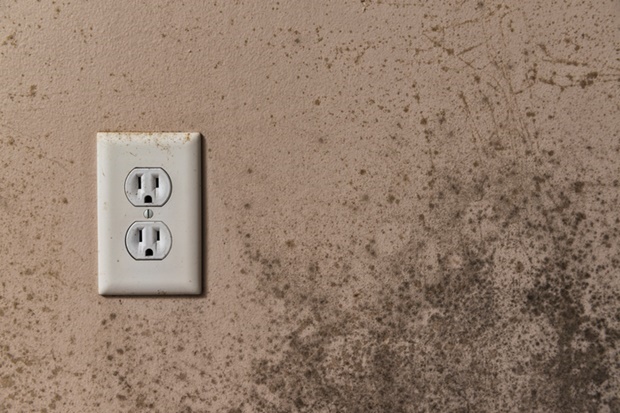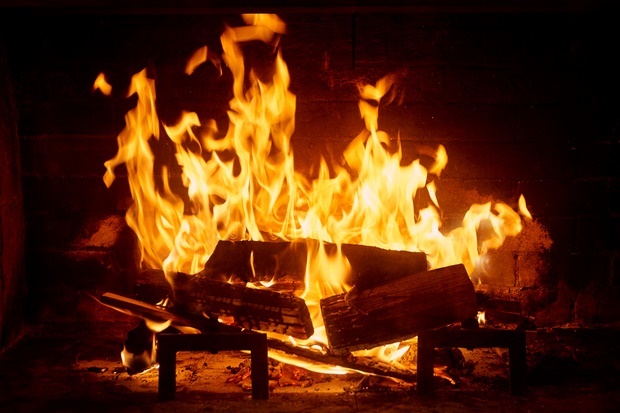Health24.com | What are winter allergies?
If you’re affected by allergies during the warmer seasons, chances are the colder weather will not bring much relief.
The amount of pollen in the air in winter is significantly lower than during spring and summer. However, because people tend to spend a lot of time indoors during winter, with the doors and windows closed, they become more susceptible to indoor allergens.
Winter allergy symptoms are similar to those you experience in spring or summer. These may include:
- Itchy nose and eyes
- Sore throat
- Coughing
- Sneezing
- Runny nose
You can treat allergies by taking antihistamines, but if the problem persists, you may want to consult an allergist. An allergist would be able to tell you exactly what you’re allergic to and how to solve the problem.
Allergens:
Mould
What is it? Mould is a fungus that tends to grow in warm, damp areas. Mould grows when its spores reproduce and spread.
The allergy: Mould spores can become airborne and come into contact with your body. This contact will then trigger allergy symptoms.
How to treat it? Regularly clean areas that tend to be damp and moist. Don’t allow objects that are likely to attract mould to stand around. Throw away old food before it turns mouldy.
Pet dander
What is it? Pets with feathers or fur are more likely to shed dander. Dander is tiny skin particles that your pet regularly sheds.
The allergy: Due to the cold weather, you would most likely spend more time indoors with your pets. This may lead to an accumulation of pet dander in your house, which may cause the onset of winter allergies.
How to treat it? Open windows so that dander can be carried out. Vacuum carpets regularly.
Dust mites
What is it? Dust mites are microscopic bugs that can be found in beds and couches.
The allergy: Dust mites may leave remains or droppings behind, which can cause winter allergies.
How to treat it? Regularly wash bedding and shake out couch cushions. Vacuuming regularly is also effective.
Fireplaces and heaters
What is it? Fireplaces and heaters are a great way to keep warm during winter but they bring on nasty allergies as well.
The allergy: Without proper ventilation, the smoke caused by fireplaces may aggravate your allergies. Heaters tend to heat up a room and remove moisture. This lack of moisture in the air dries up the nasal passages and aggravates already inflamed nasal passages.
How to treat it? Make sure that the room and fireplace are well ventilated before lighting a fire or switching on the heater.
Image credit: iStock





